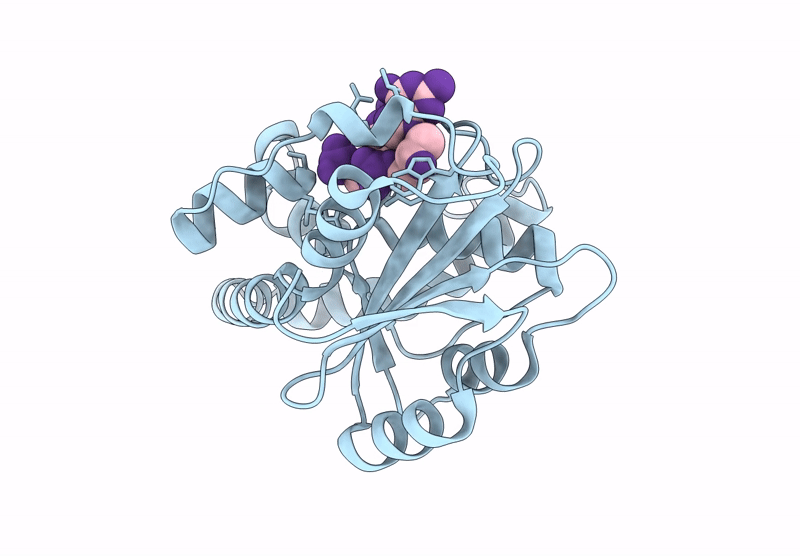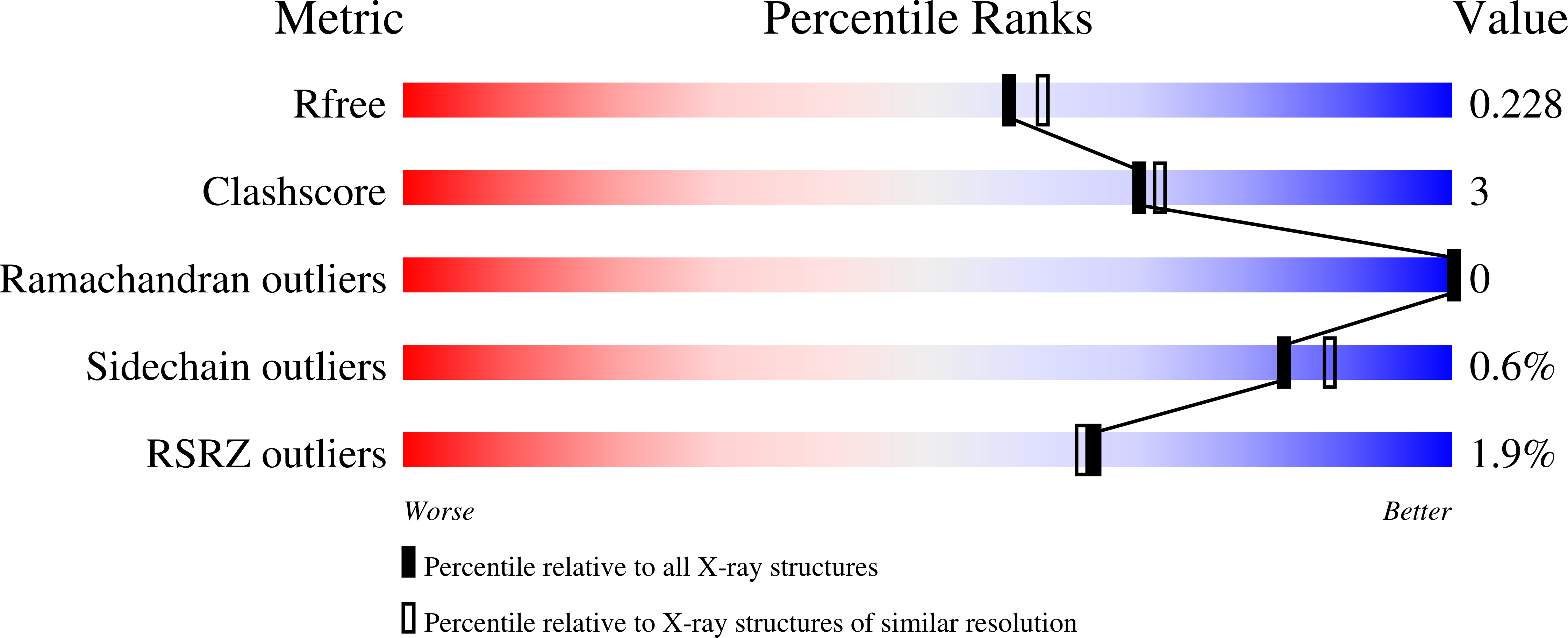
Deposition Date
2024-05-03
Release Date
2024-12-04
Last Version Date
2025-04-09
Entry Detail
Biological Source:
Source Organism(s):
Rhodococcus ruber (Taxon ID: 1830)
Expression System(s):
Method Details:
Experimental Method:
Resolution:
2.00 Å
R-Value Free:
0.22
R-Value Work:
0.18
R-Value Observed:
0.18
Space Group:
C 2 2 21


